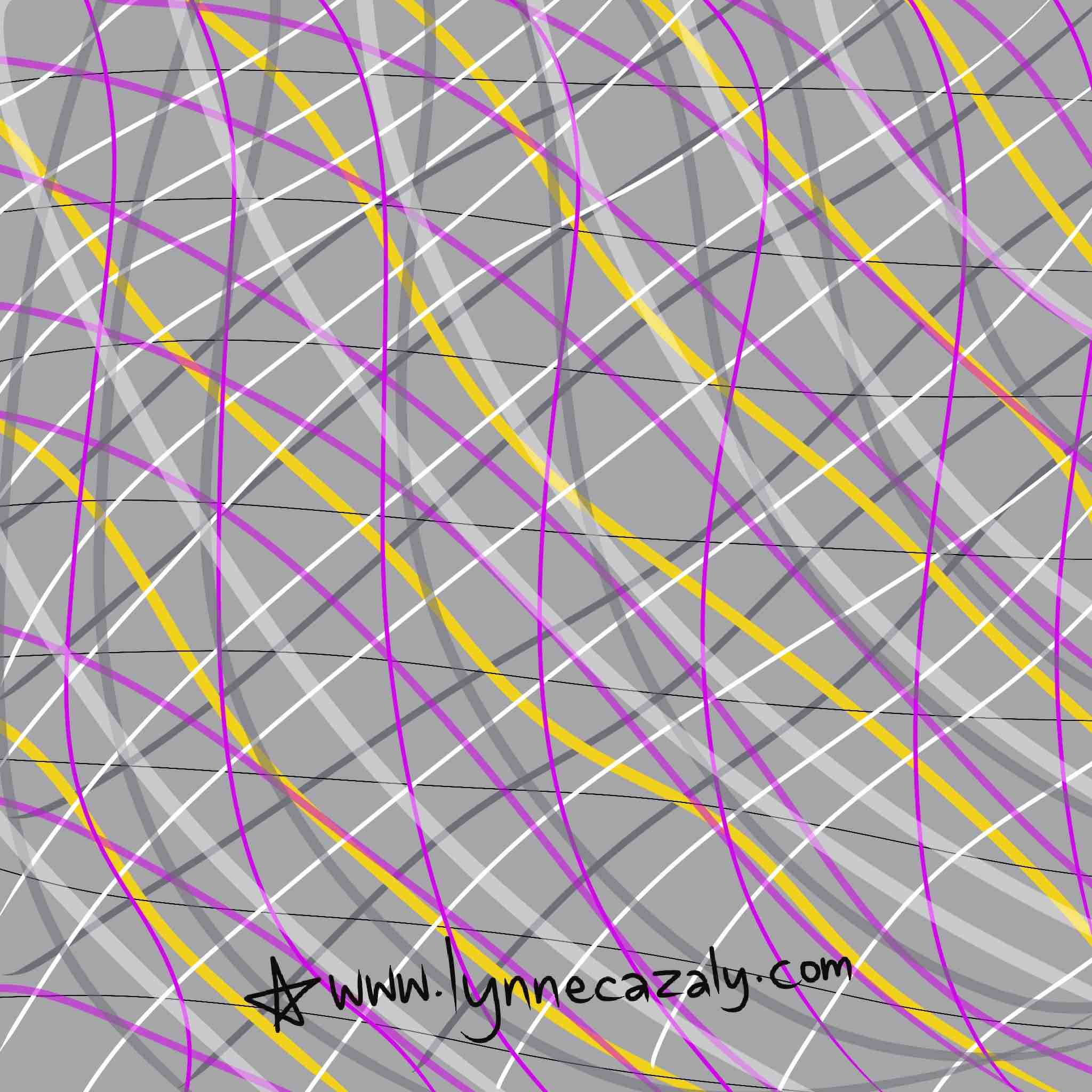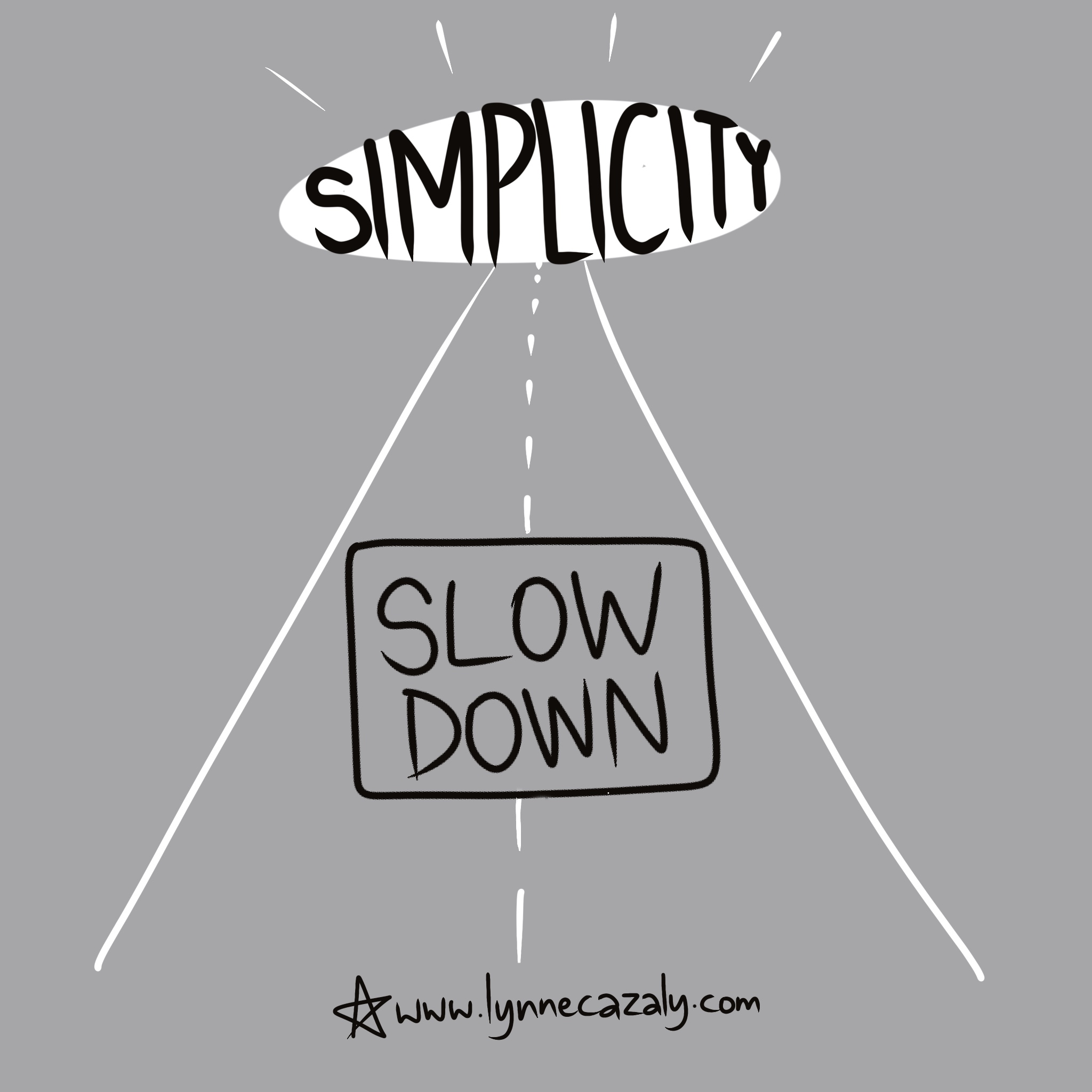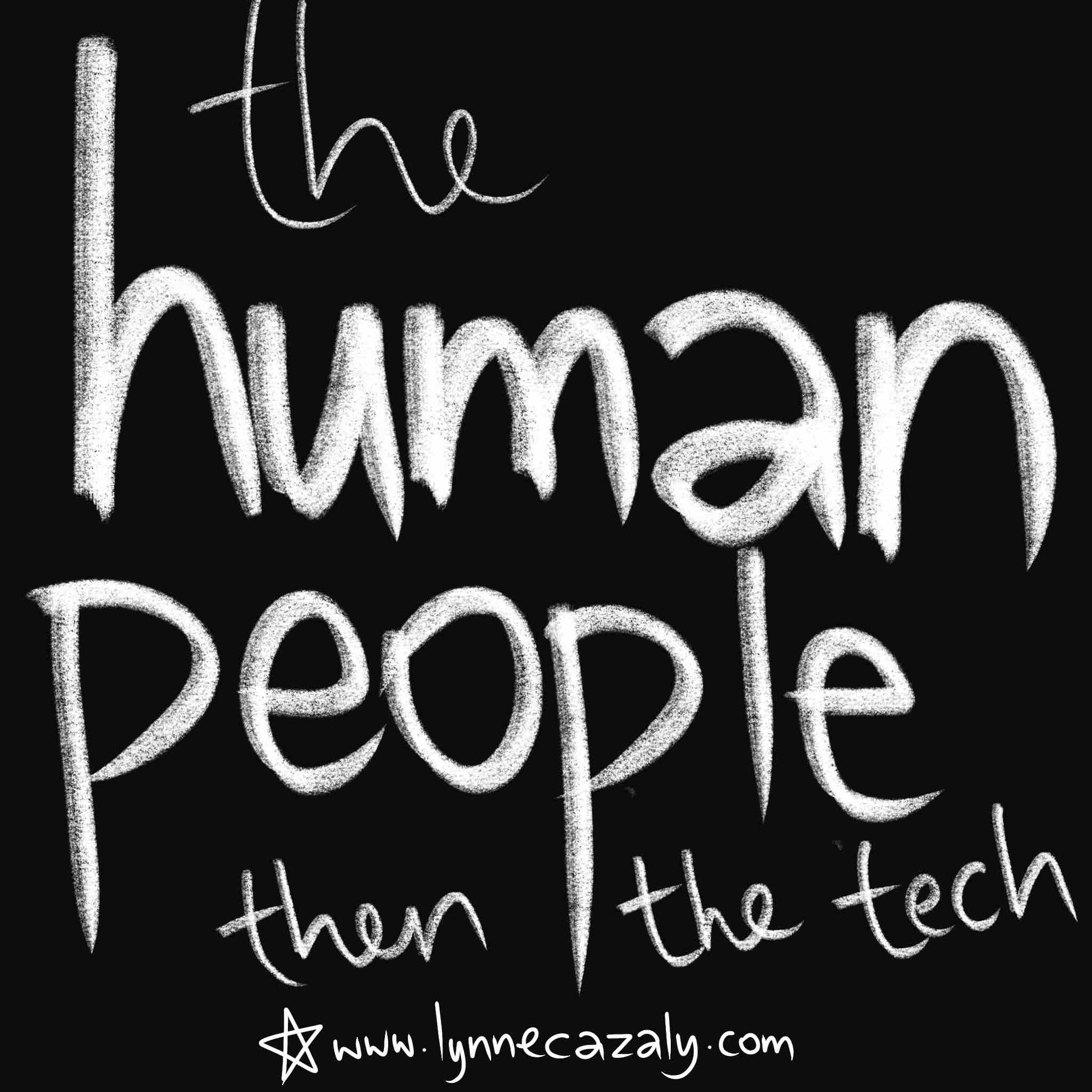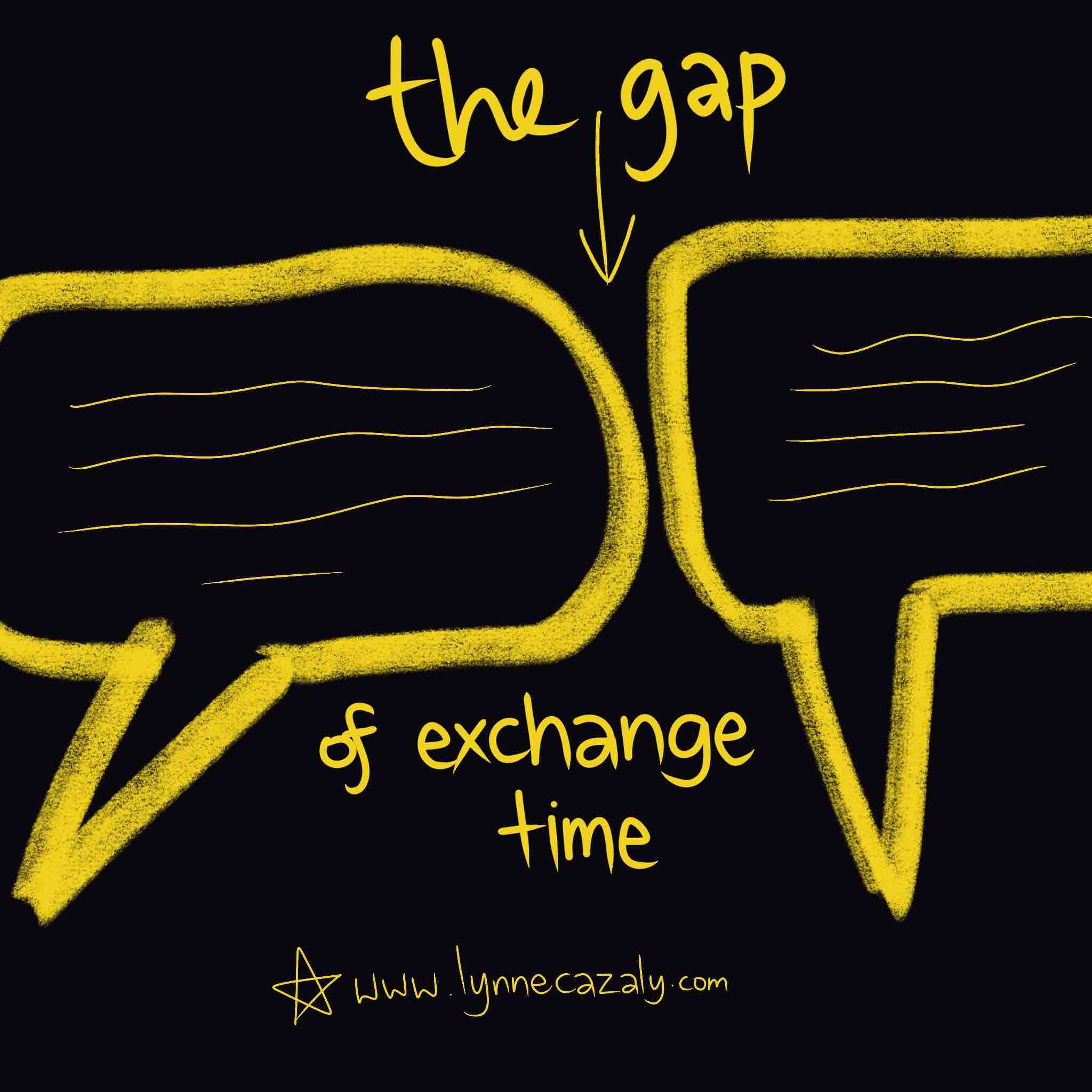It’s not the same
 Thursday, May 14, 2020 at 2:29PM
Thursday, May 14, 2020 at 2:29PM 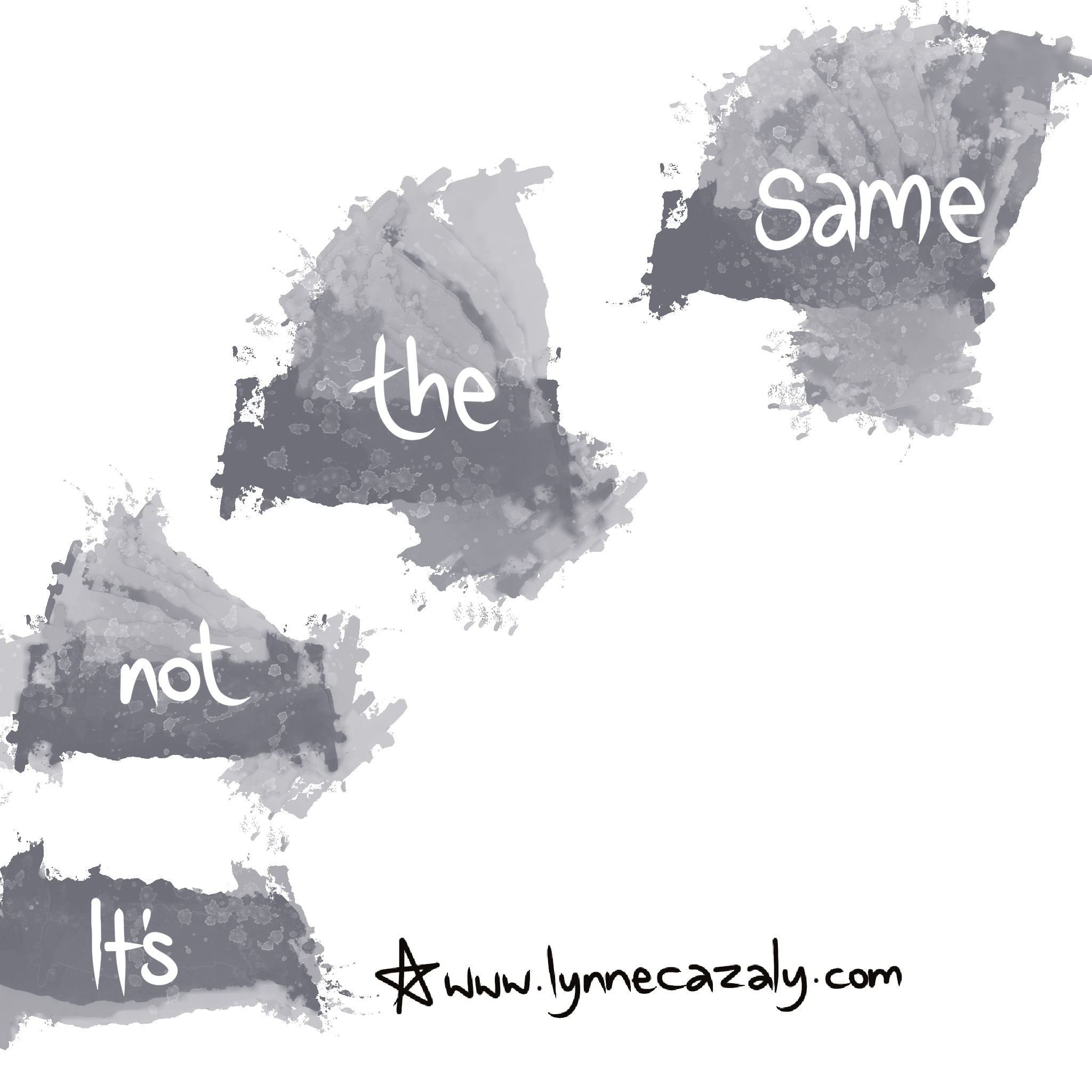 No it’s not.
No it’s not.
The experience of online isn’t the same as face to face.
Working remotely isn’t the same as working alongside others in the same location.
The pasta isn’t exactly like your favourite restaurant.
The marketing you’re doing isn’t the same as last time.
If things aren’t the same as we expected or hoped, we just need to adapt. We can adapt systems and processes, routines and rituals. And we can adapt expectations too.
Adaptations are happening all the time even if they are tiny micro adaptations. Even if we don’t really notice them.
And if we aren’t adapting? Perhaps we are resisting. Or waiting... waiting for the old to return so that things can be the same again... But it’s not the same. No it’s not. And here we go around again...knowing it’s not the same.
Thankfully, cleverly we are an adaptive species. We can keep adapting and we can keep helping and supporting those around us as they adapt too.


















